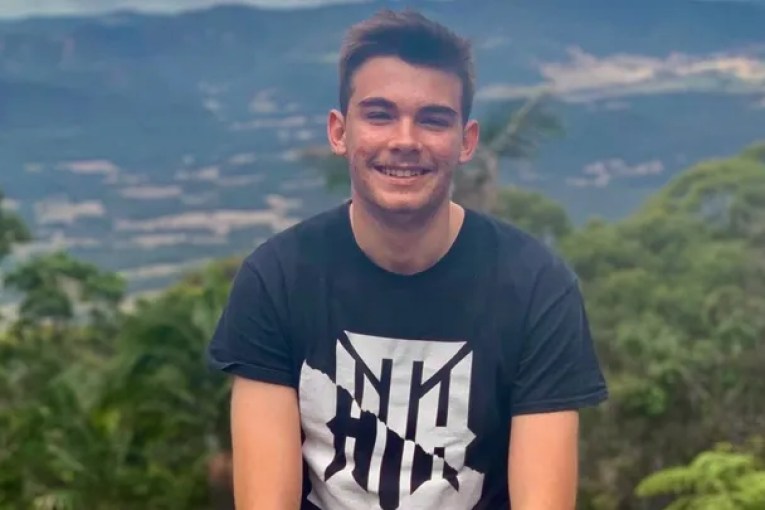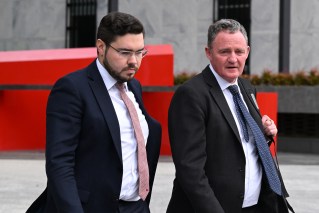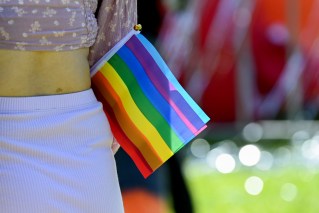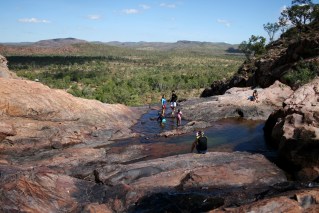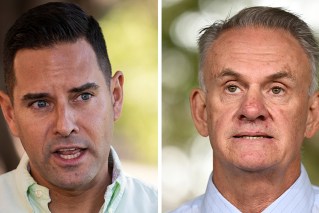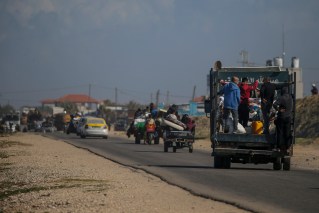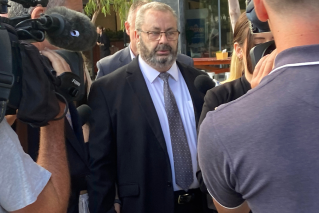Universities’ responses to sexual assault slammed as a ‘searing indictment’
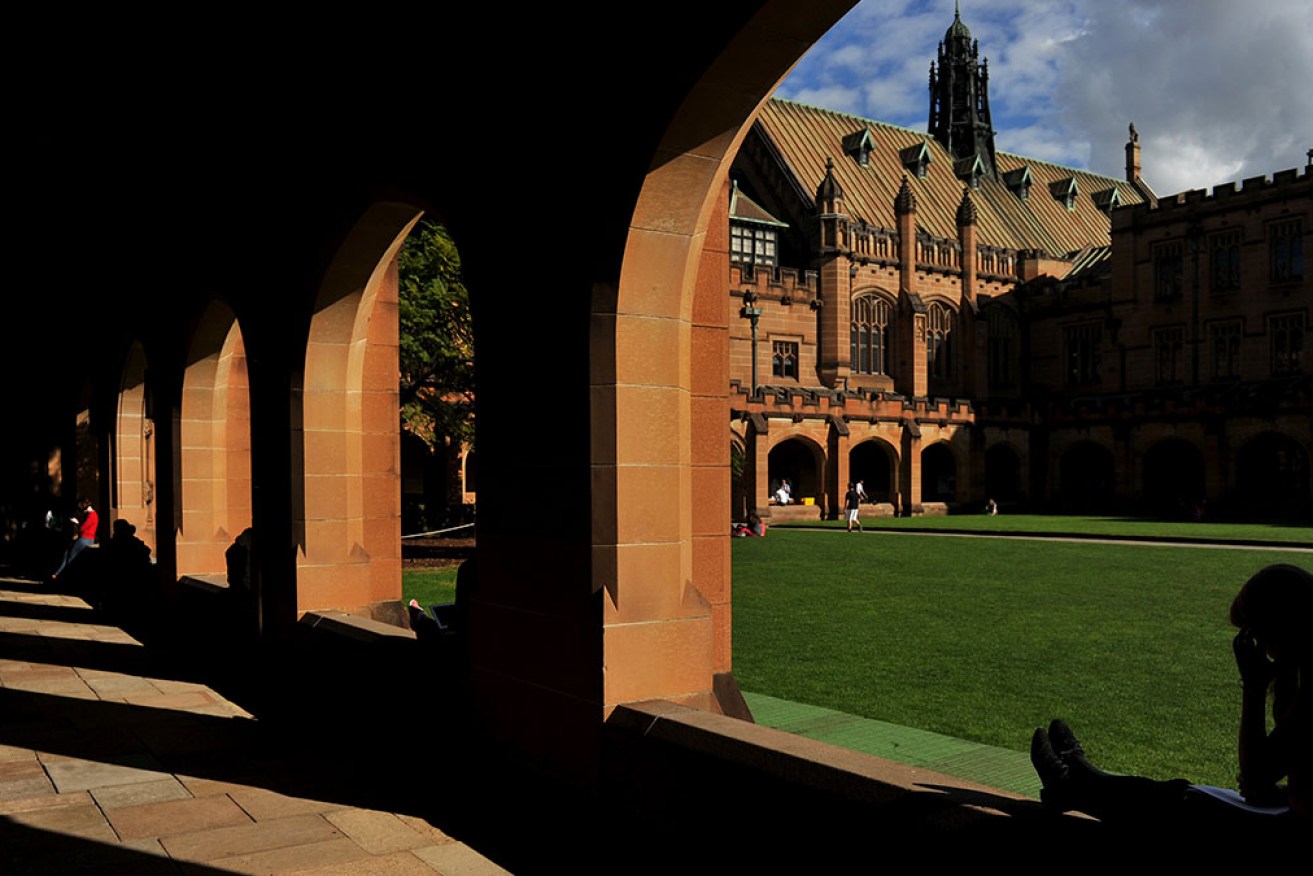
Australia's education ministers are working together to ensure university students are safe. Photo: AAP
Universities have been lambasted for mishandling sexual assault allegations, with survivors saying the way they were treated by their institution was often worse than the rape.
A scathing cross-party committee that inquired into Australia’s consent laws said it was a searing indictment on the sector that survivors felt traumatised by the reporting process.
It recommended an independent task force go over the top of universities and the regulator, the Tertiary Education Quality and Standards Agency, to address a woeful culture of sexual assault response.
“Given the evidence, the committee lacks confidence that the university sector as a whole will respond appropriately to the crisis without strong intervention,” its final report said.
“An independent task force with effective powers should be immediately established to ensure accountability in the university sector.”
Giving evidence before the committee, End Rape on Campus director Sharna Bremner said a common theme she heard from students was that “my rape was bad, but the way my university responded was worse”.
Liberal senator and committee chair Paul Scarr said evidence of widespread sexual assault was truly horrifying.
“The case for action is overwhelming,” he told Parliament on Thursday.
Greens senator Larissa Waters said students needed to have confidence that institutions took their safety seriously.
“They were protecting their brands. They were not protecting their students,” she said, referring to how universities responded to sexual assault allegations.
“It’s an abomination.”
Senator Waters said with universities not up to the task and the regulator missing in action, thousands of students, mostly young women, were facing utterly preventable sexual assault and rape on campus.
She also took aim at patchwork sexual consent laws across Australia that made it hard to educate people and design a national prevention campaign.
“If you’re going to Schoolies across the (NSW-Queensland) border, you’ve got a different set of laws that apply to you if you’re sexually assaulted,” she said.
The tertiary sector’s peak body said the report was another important step in addressing sexual harm.
“Universities don’t shy away from this,” Universities Australia chief executive Catriona Jackson said.
“We are proud of our efforts to date, but we recognise there is much more we can do.”
Education Minister Jason Clare said a working group had been established to provide advice on student safety, with members from each state and territory.
“All students and staff should feel safe on campus,” Mr Clare said.
“Sexual assault and harassment on campus is serious. It’s clear that not enough has been done to address this in our universities.”
The report’s 17 recommendations received unanimous backing from Labor, Liberal and Greens committee members.
Recommendations included that the agency of victims-survivors remained paramount and the Australian Law Reform Commission include affirmative consent in any harmonisation of the nation’s sexual consent laws.
Urgent funding, trauma and survivor-informed specialist services and respectful relationship education were also recommended.
The committee said specialist education for police officers and judges that was culturally appropriate and trauma-informed was needed to address myths and misconceptions about rape and avoid further re-traumatising survivors.
1800 RESPECT (1800 737 732)
National Sexual Abuse and Redress Support Service 1800 211 028
Lifeline 13 11 14
beyondblue 1300 22 4636
-AAP
